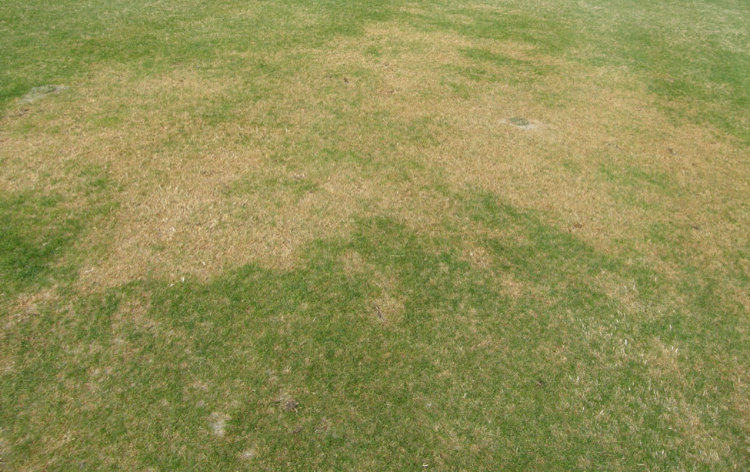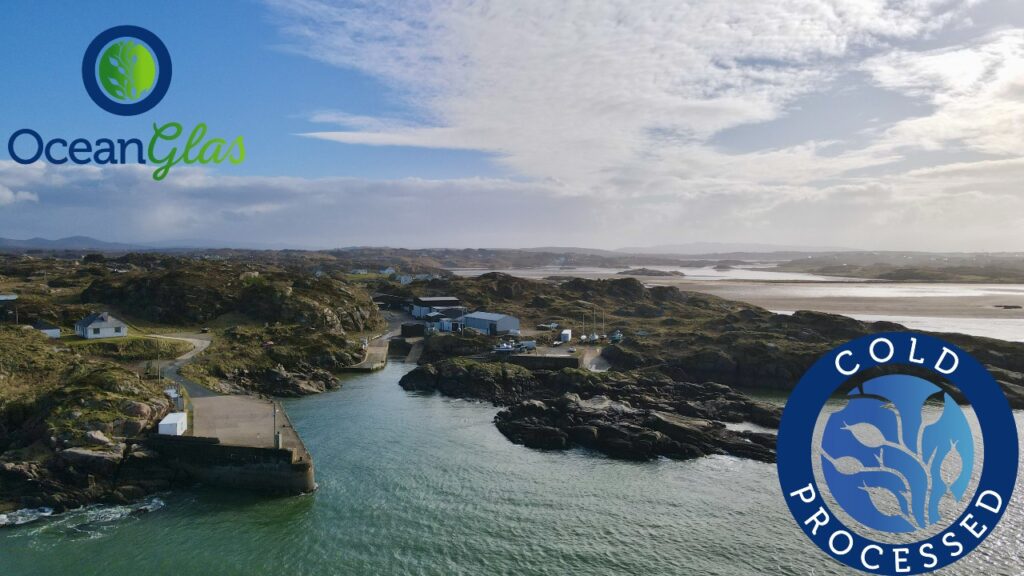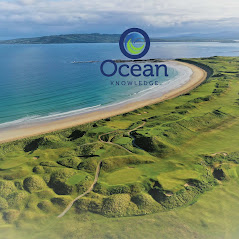We carried out a comprehensive trial in our Turfgrass Research & Trial facility to investigate the effectiveness of our Ascophyllum nodosum liquid extract product (OceanGlas)
Salinity stress is one of the critical challenges concerning turfgrass management. Over half the irrigation water used to irrigate Turfgrass worldwide is affected by salinity. Global warming is causing reduced surface water and placing pressure on groundwater usage, leading to a high content of salts and contaminants in irrigation water. Increased use of effluent and low-quality water for turfgrass irrigation is causing an accumulation of salts in growing profiles (sand/soil), creating a substandard growing environment for many turfgrass species. Intruding waves in coastal areas can result in salt spray, which is often stressful for turfgrass. There have been numerous publications to date that indicate the usefulness of Ascophyllum nodosum extract in improving plant tolerance to biotic and abiotic stress.
Methods
- The trial was performed under greenhouse conditions, planting cultivars in plastic pots filled with a mixture of soil and sand (7:3 by volume) as a growing substrate.
- Three different turfgrass species were analysed in detail throughout the trial Ryegrass, Fescue, and Bentgrass. They were grown under natural growing conditions in a greenhouse environment. The average soil temperature throughout the experiment was 12 – 16 degrees Celsius, the average moisture of growing media was between 25% – 30%.
- Ryegrass, Fescue, and Bentgrass were sown in 64 individual 17cm x 17cm plots, including 16 plots of Golf Fairway Ryegrass, 16 plots of Stadium Ryegrass, 16 plots of Fescue, 16 plots of Pure Distinction Bentgrass at rates of 50g/m2, 50g/m2, 35g/ m2, and 9g/m2, respectively.
- The Turfgrass was treated every 7 days over 21 days
Results
- OceanGlas allowed Perennial Ryegrass (golf fairway and stadium variety) to maintain a good appearance and vigour at a salinity level of 14dS/m.
- OceanGlas at all application rates prevented Pythium root rot in Fescue.
- Improvement in shoot and fresh root weight were seen in Fescue treated plots at application rates of 20L/ha and 40L/ha




Pingback: Effects of Ocean Glass on reducing salinity stress -